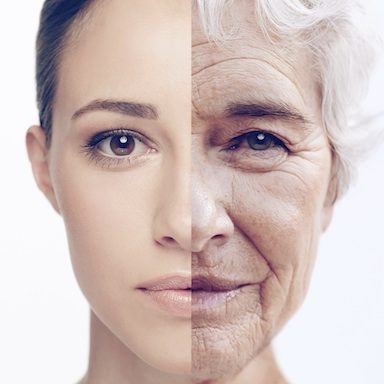
In a project funded from the Economic and Social Research Council (ESRC), Dr Hannah Swift, Professor Dominic Abrams and collaborators examine how people perceive those that are getting older. They outline evidence about both positive and negative perceptions of ageing. Their findings have important implications for education, policy and health and social care practitioners.
More about Professor Dominic Abrams
About
The European Commission (2000) defines discrimination as “the application of different treatment in a negative and unfavourable way, on the basis of race or origin, ethnicity, religion or convictions, handicap, sexual orientation or age”.
‘Ageism’ (Butler, 1969) was first used to describe prejudice and discrimination against people because of their perceived old age. More recent conceptualizations of ageism understand it as stereotypes about and discriminatory behavioursagainst a person or a group because of their age (this may include young, middle-aged or older persons). In that way, ageism can affect anyone and at any age.
Research objectives
• Outline common negative & positive perceptions of ageing in the UK
• Explore the consequences of these perceptions on decision-making, health and well-being later in life.
• Explore how these perceptions underpin prejudice and discrimination in health and social care.
• Highlight the circumstances that perpetuate negative perceptions of ageing & situations that put individuals at increased risk of experiencing ageism.
• Provide practical recommendations for mitigating ageism in health and social care and for minimising its impact on employees and users of this service.
Programme and methodology
• Literature review on positive and negative perceptions of ageing
• Literature review of instances of ageism in healthcare settings
Key findings
• Older people are generally perceived as a burden to the health service and economy
• Ageing associated with increased wisdom, experience and morality
• ‘Doddering but dear’ – Ageing linked to feelings of pity
• Stereotypes about ageing affecting the self
• Targets of ageist discrimination associated with worse psychological and physical well-being
• Health-care professionals (e.g., nurses) often hold implicit attitudes (operating outside conscious awareness/control) that may devalue older patients
• Eldercare settings can be dehumanising if they do not offer opportunities for personalisation
• Older persons are denied healthcare treatment or treated less favourably
• Language used to address older persons can be patronising
Impact
• This project offered new and important insight on understanding perceptions of ageism in the UK
• The findings show a clear pattern of prejudice towards older people and especially in social and health care settings
• The findings have important implications for policy makers
• Social narratives that portray older people as a burden on health care and the economy need to be challenged
• Social narratives need to highlight older persons’ contribution to society and services of the economy
• Policy makers should ensure those training health care professionals are aware of how negative perceptions influence behaviours
• The findings also have important implications for health care:
• Health care professionals and organisations should understand the ways implicit attitudes may affect staff interactions with older patients
• Health care professions should avoid dehumanisation and negative stereotypes by (for example) using communal spaces and ensuring co-production
• Health care organisation should identity and address the conditions that create poor quality interactions with older patients.